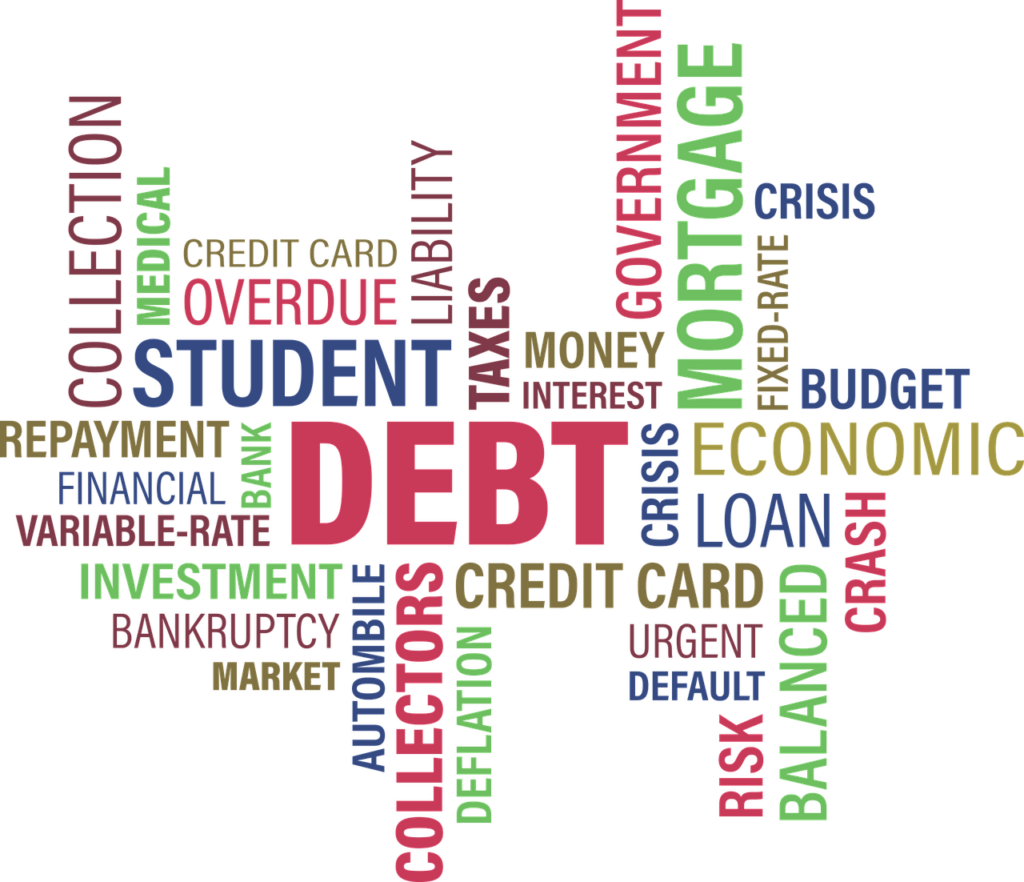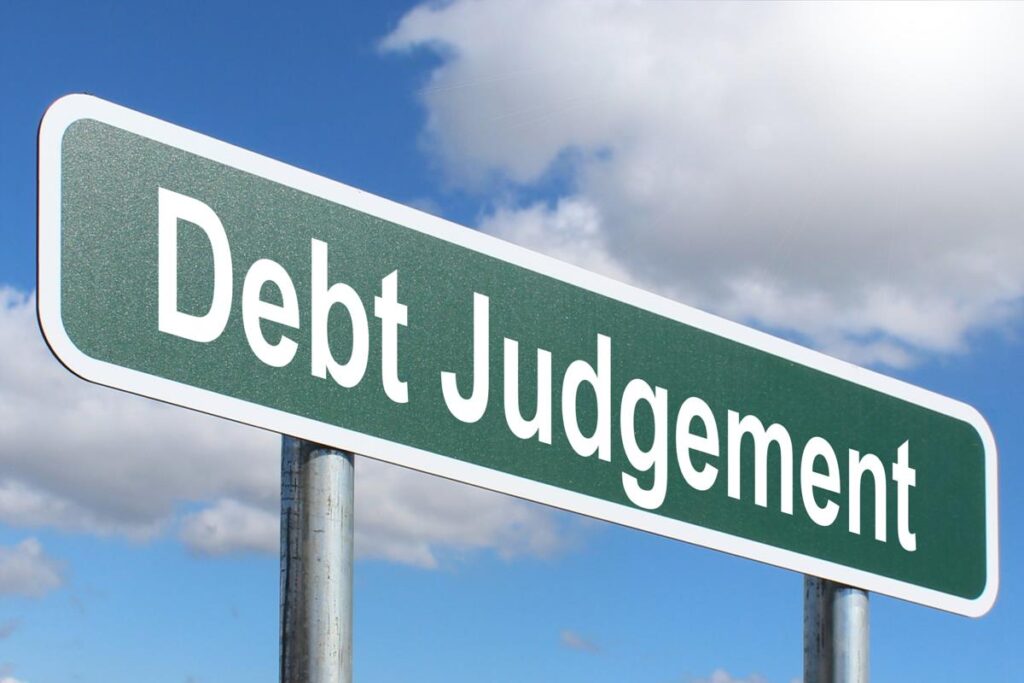If you’re feeling overwhelmed by debt, you’re not alone. The good news is that there are proven strategies to help you break free from debt and regain control of your financial future. Whether you’re struggling with credit card debt, personal loans, or other types of debt, there are effective ways to pay it off quickly. In this article, we’ll explore 10 powerful strategies to help you get out of debt fast and achieve the financial freedom you deserve.
Assess Your Current Debt Situation
Before you can start paying off debt, it’s crucial to assess your current financial situation. This means understanding your total debt, interest rates, monthly payments, and expenses.

How to Assess Your Debt:
- List All Debts: Write down all your debts, including credit card balances, personal loans, and any other outstanding debt.
- Note Interest Rates: Pay attention to the interest rates on each debt. High interest debt should be prioritized.
- Track Your Income & Expenses: Look at your monthly income and expenses to determine how much extra money you can allocate towards paying down debt.
- Use Tools: Spreadsheets or budgeting apps can help you get a clear picture of your finances.
By getting a full picture of your financial situation, you can make more informed decisions about how to tackle your debt.
Create a Realistic Budget
One of the most important steps to getting out of debt is creating a budget. A budget will help you track your income, expenses, and identify areas where you can save money to pay down your debt.
Steps for Budgeting:
- List Income and Expenses: Start by listing all your sources of income and monthly expenses.
- Prioritize Essential Expenses: Make sure that essential expenses like housing, utilities, and groceries come first.
- Cut Unnecessary Costs: Identify areas where you can reduce spending, such as dining out or subscription services.
- Allocate Extra Money for Debt: Redirect any extra money towards paying off your debts.
Regularly reviewing and adjusting your budget ensures that you’re always working towards your financial goals, including paying off debt.
Advertisement
Choose the Right Repayment Method

There are several methods for paying off debt, but two of the most effective are the Debt Snowball Method and the Debt Avalanche Method. Choosing the right strategy is key to paying off your debts quickly.
Debt Snowball Method
The debt snowball method involves paying off your smallest debt first while making minimum payments on larger debts. Once the smallest debt is paid off, the payment amount is rolled into the next smallest debt, creating a snowball effect that accelerates debt repayment.
- Pros: Quick psychological wins as you eliminate smaller debts first, which can boost motivation.
- Cons: You may end up paying more in interest over time compared to other methods.
Debt Avalanche Method
The debt avalanche method prioritizes paying off debts with the highest interest rates first. This method can save you more money over time by reducing the total interest paid.
- Pros: You pay less interest overall, leading to faster debt repayment in the long term.
- Cons: It may take longer to see progress, especially if your highest interest debt is also one of your larger debts.
Choose the method that best fits your financial goals and stick to it consistently for the best results.
Consider Debt Consolidation
Debt consolidation involves combining multiple debts into a single loan, often with a lower interest rate. This can make managing debt easier and potentially reduce the total interest paid.
How Debt Consolidation Works:
- Consolidate High-Interest Debt: You can consolidate credit card debt and personal loans into one loan with a lower interest rate.
- Simplify Payments: With a single loan, you’ll only have one monthly payment to manage.
- Improve Cash Flow: A lower interest rate can lower your monthly payment, freeing up more cash to apply to the principal.
Debt consolidation can help streamline your debt repayment process, but be mindful of any fees, such as a balance transfer fee, and ensure you don’t rack up more debt on credit cards.
Personal Loans for Debt Consolidation
Personal loans are often used for debt consolidation, allowing you to combine all your high-interest debt into one loan. These loans usually come with a fixed interest rate, making it easier to budget.
- Advantages: Lower interest rates compared to credit card debt, fixed payment terms, and predictable monthly payments.
- Considerations: You’ll need a decent credit score to qualify for the best terms, and you must be careful not to take on more debt once the loan is in place.
Balance Transfers for Credit Card Debt
If you have credit card debt, a balance transfer credit card can be a great tool for saving on interest. Many credit cards offer an introductory 0% APR for a set period, allowing you to pay off your balance without accruing additional interest.
- Promotional Period: During the 0% APR period, payments go directly to the principal balance.
- Balance Transfer Fee: Many cards charge a fee for transferring balances, so weigh the benefits against the fees.
- Pay Before the Period Ends: It’s essential to pay off the debt before the 0% APR expires, or else you’ll face high interest rates.
Balance transfers can be a great way to pay off credit card debt faster, but they require discipline to avoid racking up more debt.
Negotiate with Creditors
Sometimes, negotiating directly with creditors can help reduce the total amount owed or lower interest rates. Some creditors may be willing to settle for a partial payment or reduce your interest rates to make it easier for you to repay the debt.
How to Negotiate:
- Contact Creditors: Call your creditors and explain your situation. Ask for lower interest rates or a payment plan.
- Debt Settlement: In some cases, creditors may agree to a settlement where you pay less than the full amount owed.
- Consider Professional Help: A credit counseling agency can assist with negotiating better terms and creating a debt management plan.
Negotiating with creditors can reduce your debt load, but it may also negatively affect your credit score, so it’s important to weigh the pros and cons carefully.
Increase Your Income
Increasing your income is one of the most effective ways to accelerate debt repayment. The more money you make, the more you can allocate toward your debt, speeding up your journey to financial freedom.
Ways to Increase Income:
- Freelance Work: Use your skills to take on freelance jobs.
- Part-Time Job: Consider taking a part-time job to earn extra cash.
- Sell Unused Items: Selling things you no longer need can generate quick funds.
- Negotiate Salary: If possible, negotiate a raise or look for higher-paying job opportunities.
The extra money you generate can be applied directly to your debt, helping you pay it off faster.
Cut Unnecessary Expenses
Cutting back on unnecessary expenses is another powerful strategy to free up funds for debt repayment. By reducing non-essential spending, you can redirect those funds towards paying down your debt.
Examples of Unnecessary Expenses:
- Subscription Services: Cancel subscriptions you no longer use.
- Dining Out: Reduce the frequency of dining out and prepare meals at home.
- Entertainment: Look for cheaper entertainment options or cut back on expensive hobbies.
By cutting unnecessary expenses, you can free up more money each month to pay off your debts and get out of the cycle of debt faster.
Seek Professional Credit Counseling
If you’re struggling to create a debt repayment plan or manage your debts, working with a professional credit counselor can provide valuable assistance. Credit counseling agencies can help you create a budget, negotiate lower interest rates, and create a debt management plan.
- Tailored Plans: A credit counselor can create a personalized plan to help you pay off debt efficiently.
- Negotiating Power: They can help negotiate with creditors on your behalf.
- Free or Low-Cost Services: Many nonprofit credit counseling agencies offer free or low-cost services to help you get back on track.
Professional guidance can be especially helpful if you’re feeling overwhelmed by your debt situation.
Stay Motivated Throughout the Process
Getting out of debt is a long-term process, and staying motivated is key to success. Celebrate small victories along the way, track your progress, and keep your financial goals in mind.
- Celebrate Milestones: Treat yourself when you reach a significant milestone, like paying off a credit card.
- Stay Focused: Keep your eye on the prize—financial freedom—and remind yourself why you started your debt repayment journey.
- Track Progress: Use a spreadsheet or app to track your debt reduction and stay motivated.
Staying motivated is crucial to staying on track and ultimately achieving debt freedom.
Conclusion
Getting out of debt may seem like a daunting task, but with the right strategies and determination, it’s possible to achieve financial freedom. By assessing your current debt situation, creating a realistic budget, choosing the right repayment method, and seeking professional advice when necessary, you can regain control of your finances and start your journey to a debt-free future. Stay focused, stay motivated, and take one step at a time—you’ve got this!
